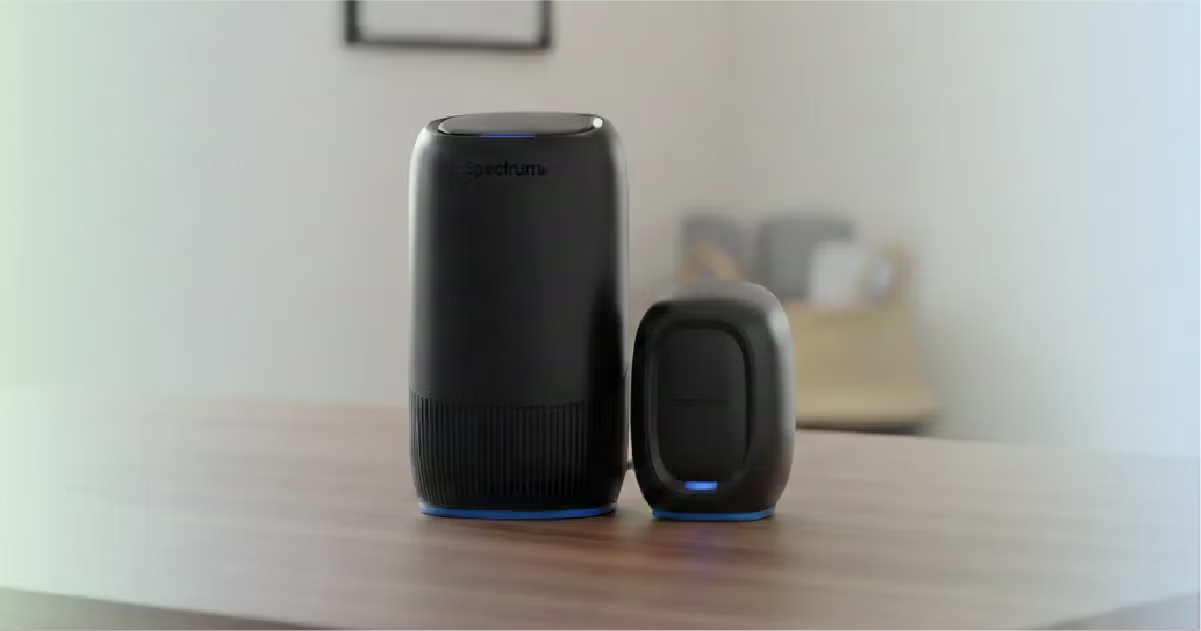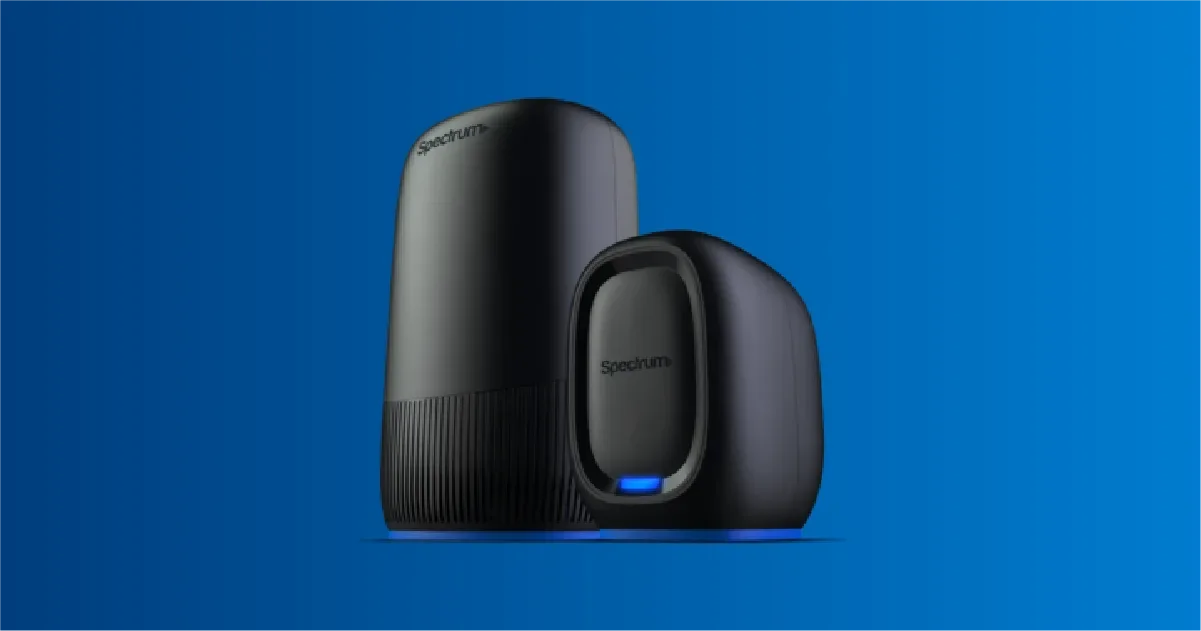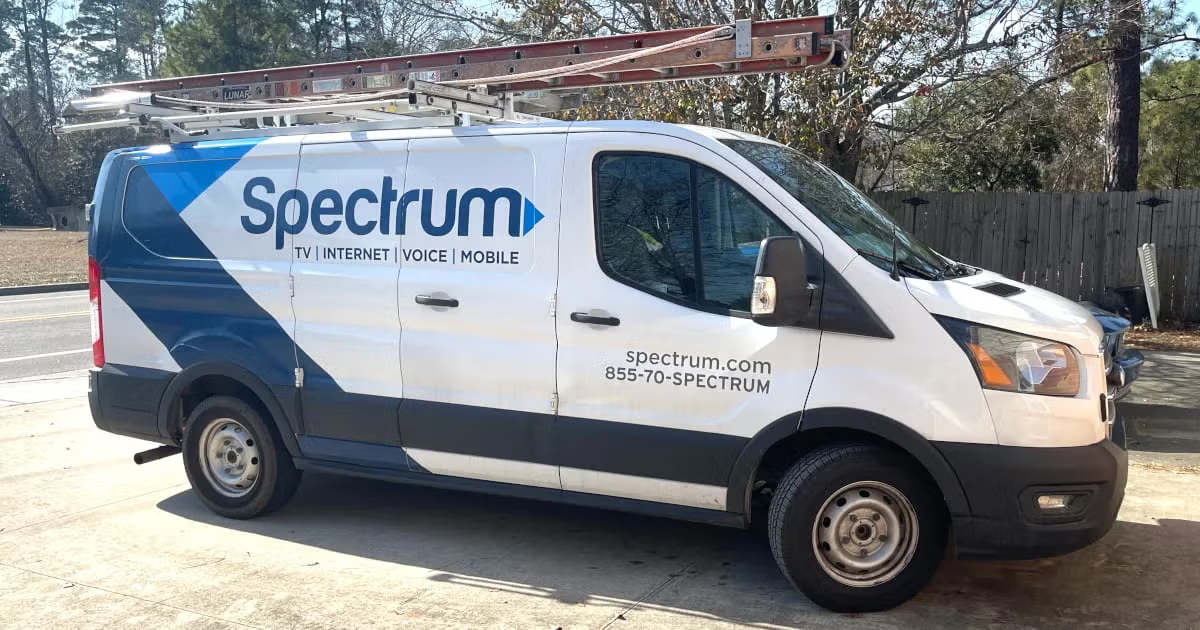Top 5 Reasons to Get A VPN
A VPN won’t solve all your network security problems, but it could boost online anonymity and privacy
Oct 27, 2025 | Share
Equipment Guides, Technology
The biggest benefits of using a virtual private network, more commonly known as a VPN, include increasing your overall online privacy while getting extra protection from public networks and boosting IP address anonymity. A VPN can even help prevent throttling from your internet provider.
You’re probably familiar with the term VPN, but you might not be completely sure of what a VPN does or how to use it. So, let’s explore the most effective VPN uses before you sign up for a free trial or a two-year agreement to lock in the cheapest price for a VPN service.
Who should get a VPN
By now, you’ve probably seen over a dozen advertisements or paid sponsorships from VPN services. But what does a VPN really do, and do you really need one? Well, if you want to make it harder for websites or your internet provider to track you, a VPN is for you. If you’re a frequent traveler, a VPN could help navigate geo-locked apps or websites. Those who frequently rely on public Wi-Fi networks could benefit most from getting a VPN.
There are plenty of tools and devices specifically designed to enhance cybersecurity, and VPNs have grown increasingly more popular, leading to some confusion on what a VPN actually does. VPNs protect your anonymity online, but they won’t necessarily make your network completely secure since VPNs don’t protect against malware, phishing, or viruses. However, some VPN services offer bundles with malware and antivirus services to address these concerns. You’re probably better off without a VPN if you are more focused on your overall home network security, especially with the price tag some VPNs carry.
If you’re on the fence about trying out a VPN service, keep reading and check out our top picks on what the most beneficial uses of a VPN service are.
1. Boost your online privacy
VPNs can provide IP address anonymity for those looking to mask their location or online activities, and some VPN services even include double VPN servers that route your internet traffic through two servers to make it that much harder to track online activity. Some VPN services offer rotating IP addresses that will change your IP address often to help avoid tracking or targeted advertisements.
VPN services that offer rotating IP addresses
ExpressVPN offers ShuffleIP that updates your IP address with every new web request—that’s handy! Surfshark’s IP Rotator takes it a step further and changes your IP address every 5 to 10 minutes. NordVP’s IP rotation is next level and swaps your IP address as often as every 30 seconds—which is probably excessive for most and isn’t optimized for certain activities like streaming and could even end up impacting your VPN’s performance.
2. Access international streaming and shopping
Streaming services typically restrict libraries based on location, but with a VPN, you’ll be able to check out country-exclusive content or catch an early release of the newest episode of your favorite Japanese anime before it streams in the U.S. You can also use a VPN to plan your dream vacation to France while you shop around for flights, car rentals, or hotels—or with any website that uses cookies or mobile tracking that can lead to price changes or increases based on your browsing history.
Of course, you’ll want to make sure you read any user agreements that might place restrictions on getting around geo restrictions. Some services could temporarily ban or permanently block your account. If you do use a VPN to access anything international, be sure to clear cookies and refresh the page after swapping servers.
3. Go global with your gaming
Gamers can use a VPN to join international gaming networks, so get ready to face worldwide competition on Apex Legends. You can even get around a banned IP address with a VPN, but that could violate some terms of service. But a VPN could impact your latency and ping while gaming, so you’ll want to be sure you pick a fast and reliable VPN to make sure your skills aren’t watered down by slow ping and latency.
4. Protect your data while on public Wi-Fi networks
Frequent users of public unsecured networks are most likely to benefit most from using a VPN—we’re calling all library bookworms and espresso enthusiasts who work or study at coffee shops for this one. Public Wi-Fi networks are very convenient, and usually free, but can come with the hefty risk of a potential of putting your information in the wrong hands. You wouldn’t just hand out your passwords or credit card information to just anyone—but public Wi-Fi networks make that a scary possibility.
How exactly does a VPN protect you on a public WiFi network? Well, encryption from a VPN turns your readable data into unreadable data, or plain text into ciphertext. If you find yourself relying on public wi-fi, a VPN is a worthwhile investment that can help keep your information safe.
5. Stop your internet provider from throttling speeds
Believe it or not, some internet providers can throttle your internet speeds depending on where you are and what you’re doing online. Throttling can be necessary to manage network traffic and congestion, make sure data caps aren’t exceeded, or simply to stop prohibited online activity. If your online activities take up a lot of bandwidth, you could be throttled and end up struggling with slower-than-expected speeds. A VPN can help you conceal specific online activities or sites you’re visiting to avoid your speeds being throttled.
If you find yourself constantly struggling with buffering errors or slow load times, this could be an indication that your internet provider is intentionally limiting your internet speed. A VPN can help avoid throttling, but it’s important to make sure you have the right VPN that won’t leak your data or be detected, since some providers will throttle speeds if they identify VPN use.
There are a lot of reasons for slow internet speeds, so throttling might not be the culprit for your sluggish network. For example, if data caps cause the throttling, a VPN won’t help with that. Sometimes your VPN might even be causing slow internet speeds, so it’s important to go through basic slow internet speed troubleshooting before you jump to throttling.
Suffering from sluggish internet speeds?
Enter your zip code below to see what internet speeds and providers are available in your area.
Bonus: Block ads
Some VPNs provide useful features that can be beneficial for everyday online users. Most VPN services use ad blocking to protect against malicious and annoying advertisements or pop-ups—a must-have for any online activities. Nord VPN Pro’s ad blocker even protects against malware while files are downloaded as an extra safety net to back you up in case of an accidental download.
A VPN might not be what you expected, but it can be very useful
A VPN isn’t a magic wand that will make all online security concerns go away, but for certain users, it can be a great tool to get around certain online obstacles. You can usually score a free trial from most major VPN services to test out the waters before committing to a subscription. If you opt for a longer subscription of a year or more, most VPN services can cost just a few dollars a month, making it more than a worthwhile investment.
Author - Andrea GutierrezPrieto
After graduating from the University of Utah with an honors degree in Linguistics, Andrea Gutierrez Prieto transitioned from being an Analytic Linguist and Research Assistant to the HighSpeedInternet.com team. Andrea has a background in academic and research writing with a passion for helping readers make informed decisions. Off the clock, Andrea spends her time watching anime, reading manga, and baking delicious pastries at home.
Editor - Jessica Brooksby
Jessica loves bringing her passion for the written word and her love of tech into one space at HighSpeedInternet.com. She works with the team’s writers to revise strong, user-focused content so every reader can find the tech that works for them. Jessica has a bachelor’s degree in English from Utah Valley University and seven years of creative and editorial experience. Outside of work, she spends her time gaming, reading, painting, and buying an excessive amount of Legend of Zelda merchandise.




